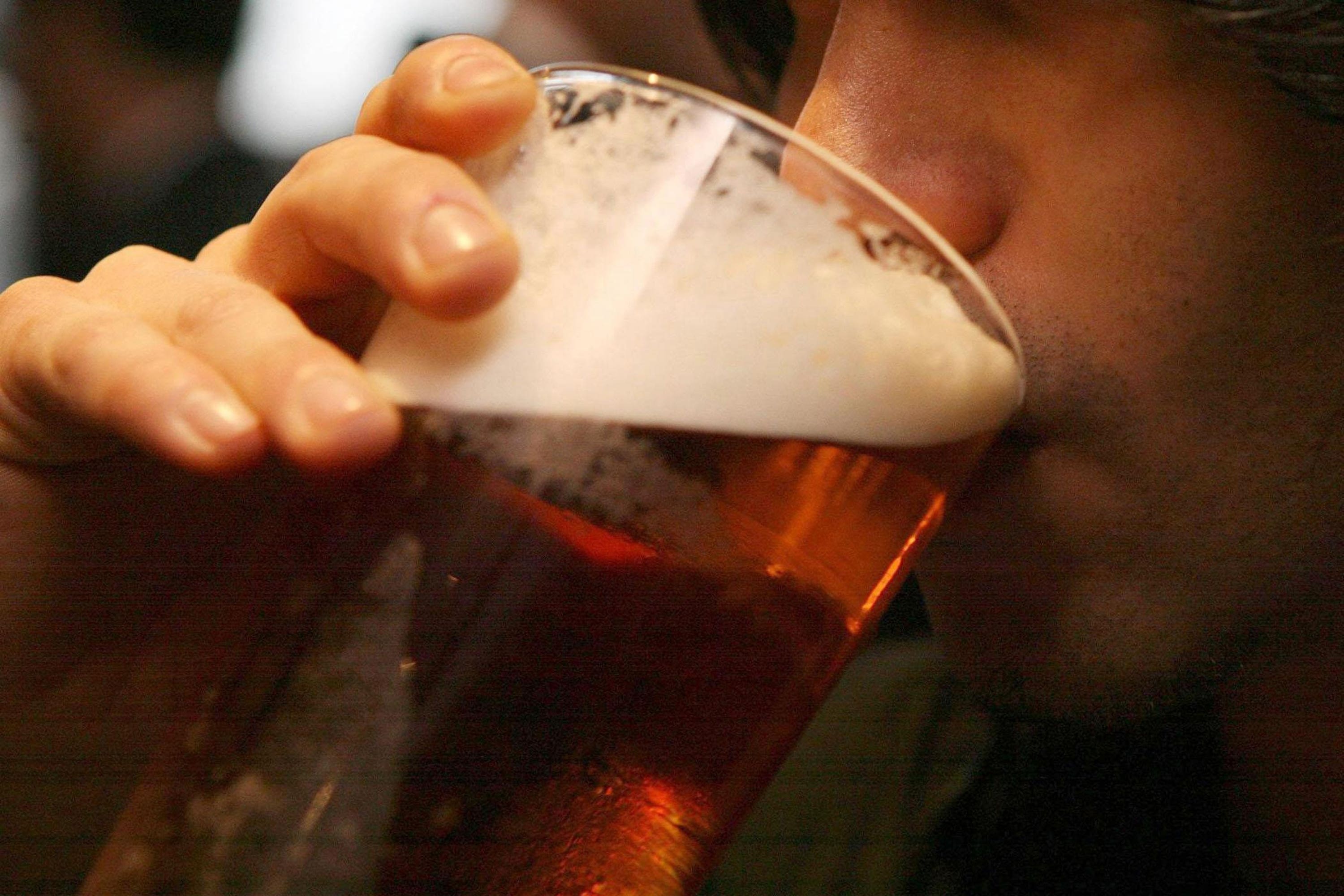Smartphone app helps students tackle binge drinking
The World Health Organisation has set a target to reduce harmful alcohol consumption by 20 per cent by 2030

Your support helps us to tell the story
From reproductive rights to climate change to Big Tech, The Independent is on the ground when the story is developing. Whether it's investigating the financials of Elon Musk's pro-Trump PAC or producing our latest documentary, 'The A Word', which shines a light on the American women fighting for reproductive rights, we know how important it is to parse out the facts from the messaging.
At such a critical moment in US history, we need reporters on the ground. Your donation allows us to keep sending journalists to speak to both sides of the story.
The Independent is trusted by Americans across the entire political spectrum. And unlike many other quality news outlets, we choose not to lock Americans out of our reporting and analysis with paywalls. We believe quality journalism should be available to everyone, paid for by those who can afford it.
Your support makes all the difference.Smartphone apps could be used to help tackle binge drinking, a new study has suggested.
Researchers found drinkers who used the Smaart app reduced the average number of binge drinking days by around three days every month.
They were also able to cut the number of drinks by around 10 per cent.
The study, published in the British Medical Journal (BMJ), comprised a team of researchers from Lausanne University Hospital and University of Lausanne in Switzerland, the National Addiction Centre at King’s College London, the New York UniversityGrossman School of Medicine and the Centre for Addiction and Mental Health in Toronto, Canada.
They screened students from four universities in Switzerland and monitored 1,770 who had “unhealthy levels of alcohol use”, consuming an average of 8.59 alcoholic drinks a week, or drinking heavily for 3.53 days a month.
Heavy drinking was described as having at least five standard alcoholic drinks for men and four for women.
A standard alcoholic drink in Switzerland contains 10 to 12 grams of ethanol. The UK and US equivalents are 8 grams and 14 grams respectively.
The students were separated into two groups; an intervention group of 884 that was asked to download the Smaart app in return for a gift voucher, and a comparison group of 886 that were offered a gift voucher to fill in a questionnaire, but were offered no further support.
Additional vouchers were offered to students who filled out follow-up surveys at three, six and 12 months.
The app offered those in the intervention group information around the calorie content of alcoholic drinks, blood alcohol content and associated risks, as well as a tool for self-monitoring and goal setting.
Those who downloaded the app used it up to 403 times over the year and reported a reduction in heavy drinking, consuming 10 per cent fewer standard drinks a week and taking part in 11 per cent fewer heavy drinking days a month.
The report said “providing access to the smartphone application throughout the 12-month follow-up was effective at reducing the average drinking volume of university students who had self-reported unhealthy alcohol use at baseline” and required “fewer resources” than face-to-face intervention.
It also suggested that future studies “should investigate whether widespread implementation is possible through similar channels outside of a research setting”.
In 2022, the World Health Organisation (WHO) set a target to reduce harmful alcohol intake by 20 per cent by 2030.
Sadie Boniface of the Institute of Alcohol Studies and Emma Davies of Oxford Brookes University said the reduction in alcohol consumption in the study equates to around half a Swiss standard drink every week.
They added: “The nature of this intervention lends itself to being reproduced at scale at limited cost.”
However, they said “these kinds of interventions are no magic fix in the context of international goals”, including WHO’s pledge for 2030.


